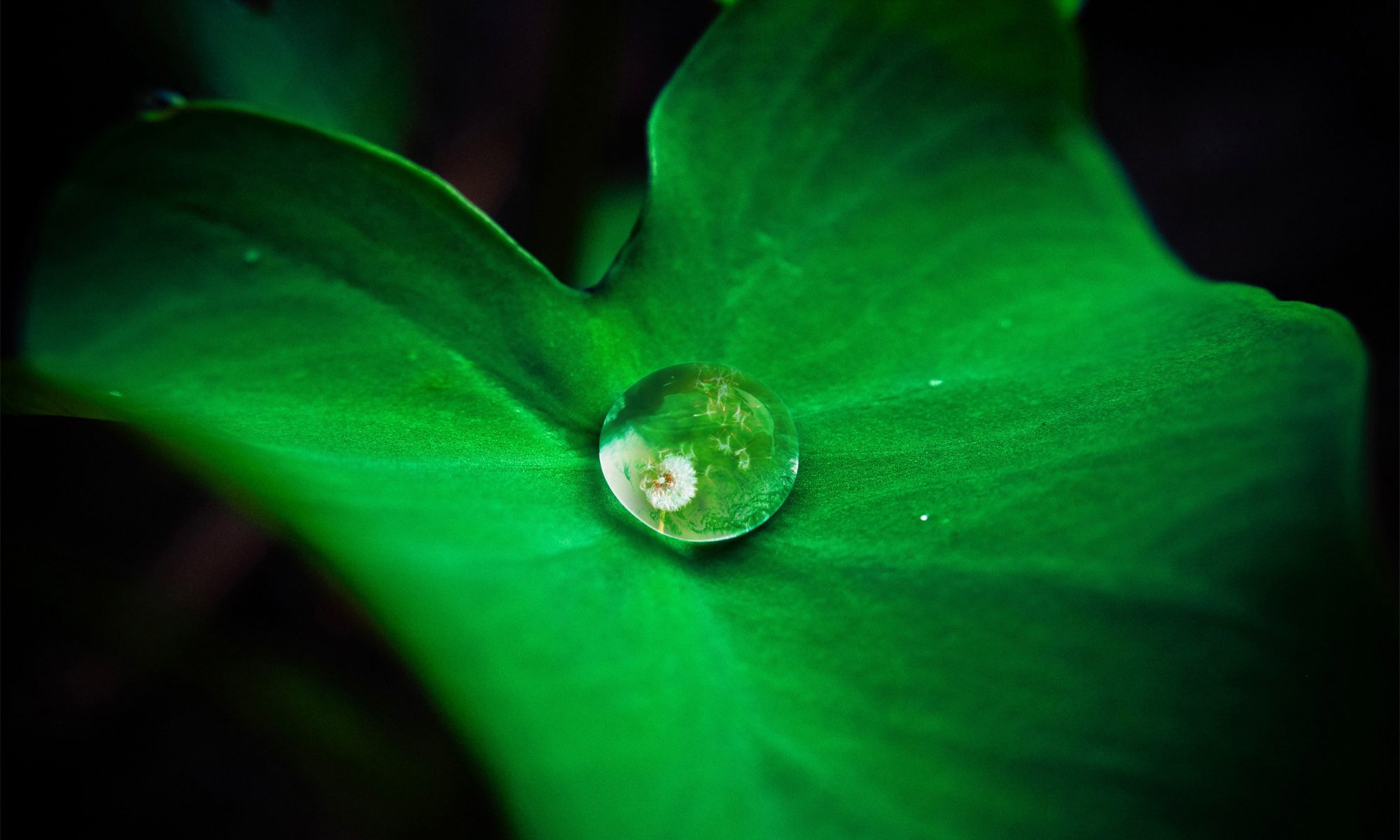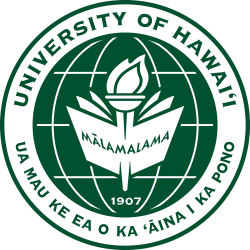May 15, 2017 — 11:00 AM
Moore Hall 575
Please join the Biocultural Initiative for a talk by visiting scholars Priscilla Wehi and Hemi Whaanga, followed by a conversation over lunch (feel free to bring your lunch).
Abstract
Pre European contact Māori culture had a strongly developed tradition of oral literature, and whakataukī (sayings passed down through the generations) enjoyed wide currency. Whakataukī provide an enduring record of tribal memory and represent an important method for transmitting critical information about aspects of life, society and the environment. However, their meanings may not be apparent without knowing the societal, historical, cultural and linguistic context out of which they emerged. Such codified knowledge depends on language use and structure as a key mechanism for cultural transmission.
In this research, together with our collaborators Tom Roa (University of Waikato) and Murray Cox (Massey University) we have identified linguistic markers and principles of textual reconstruction to derive time estimated patterns of knowledge embedded in this form of oral tradition. Our primary dataset of c.4,000 versions of whakataukī is drawn from collections published after European arrival ca. 200 years ago. We indicate the kinds of ecological information available. We will discuss how whakataukī shed light on the connections between humans and their environment that transcend prosaic uses, and illuminate deeper social and behavioural engagement with their surrounding environment.
Bio – Dr Priscilla Wehi
Landcare Research Manaaki Whenua, NZ
Priscilla Wehi is a conservation biologist at New Zealand’s government institute for terrestrial ecology, Landcare Research Manaaki Whenua. She is a 2014-2020 Rutherford Discovery Fellow with interests in biocultural diversity and stable isotope ecology. She completed degrees in Zoology and Animal Ecology, before finishing her PhD in 2006 at the University of Waikato on traditional resource management of harakeke by Māori. Cilla currently works on aspects of human-nature relationships, including past, present and future indigenous resource management, and socio-ecological relationships with introduced species that challenge native ecosystems. She is a mother to three young adults, and is related to Tainui, Tūhoe and Ngāpuhi through marriage.
Bio – Dr Hēmi Whaanga
School of Maori and Pacific Development, University of Waikato, NZ
Hēmi is a linguist and senior research fellow in Te Pua Wānanga ki te Ao (The Faculty of Māori and Indigenous Studies) at the University of Waikato, Aotearoa / New Zealand. Hēmi finished a BA in Māori language in 1996, before completing a Masters degree that analysed Māori language structure and the teaching of Māori language. His 2006 PhD investigated discourse relationships between different language elements in Māori. He has worked as a project leader and researcher on a range of projects centred on the revitalisation and protection of Māori language and knowledge. He affiliates to Ngāti Kahungunu and Ngāi Tahu and has two daughters with his wife Katrina.
 UH Economic Research Organization
UH Economic Research Organization



 Presentation by UHM Biocultural’s Alexander Mawyer at the UHM Anthropology Colloquium
Presentation by UHM Biocultural’s Alexander Mawyer at the UHM Anthropology Colloquium The 7th
The 7th Department of Linguistics
Department of Linguistics William S. Richardson School of Law
William S. Richardson School of Law